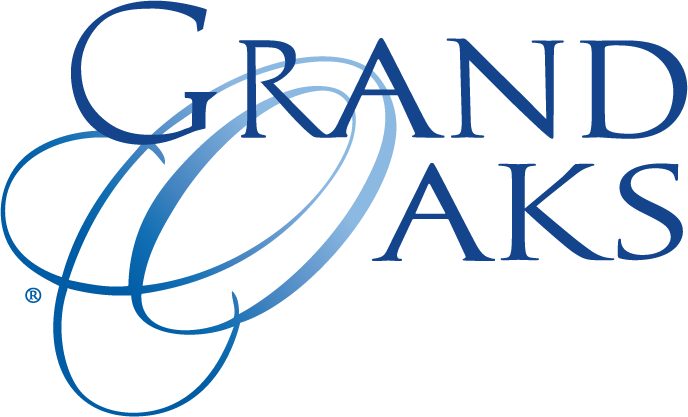4 Min Read
Financial Fitness Strategies for Seniors

March is the time of year when many reflect on financial fitness. As you gather important financial documents to file taxes by the April 15th deadline, it is a good opportunity to review your finances, savings, investments, income, budgeting, and estate planning decisions.
Investments and Estate Planning
Retirement is your “golden years” when you have worked hard for most of your life to now have more leisure time and freer spending. Nevertheless, financial goal setting and framing your legacy can lead to a life well-lived. When thinking about travel, purchases, or spending, make value-driven goals that align with your dreams and priorities.
Financial advisors, estate planners, and estate-planning attorneys are good resources to find an accredited expert to help you. In addition, many websites can help you learn more about financial planning. Investments such as bank CDs, annuities, index mutual funds, real estate, and precious-metal-based investments can also lead to long-term growth.
Thoughtful estate planning can be done well ahead of retirement. This allows you to plan who and what organizations you want to inherit your estate. You don’t have to be wealthy to designate how you want your estate to be settled.
Setting up estate planning, which can involve a will, a trust, and medical directives, isn’t terribly expensive. Many seniors find that the estate-planning process brings peace of mind and can save them or their heirs from future legal fees and taxes.
5 Steps Toward Achieving Fiscal Fitness
- Set up a will and a trust (if needed) with an attorney specialized in estate planning.
- Establish automatic savings plans and automatic transfers to build your cash reserve.
- Automate everything you can by signing up for direct deposits and electronic bill paying.
- Check your credit report and score at least once a year. Pay off any debts that you can, especially credit cards and those loans with high-interest rates. Consider if refinancing may help.
- Talk with an experienced advisor to ensure that your asset allocation matches the time investment horizon that you plan to hold onto your investments, and your risk tolerance.
Government Programs
Social security is one of the most well-known sources of income in retirement. But, depending on your circumstances, you may be eligible to receive this benefit prior to retirement. Waiting until you reach your full retirement age can dramatically impact the number of your benefits received. Medicare provides government-sponsored health insurance for seniors 65 and older. Medicaid helps seniors with limited income and resources.
Veterans should explore using all of their veteran benefits, including medical care, hospital stays, home health, hearing and dental, and mental health services. From discounted park passes, job training, and careers, to programs that help affording food or housing, the federal government has many programs to help you become financially fit throughout retirement.
Budgeting and Savings
Even for those with larger incomes, budgeting is crucially important. Higher incomes often lead to greater expenses and even more extravagant expenditures once you retire. Examples can include frequent and distant travel, maintaining second and third vacation homes, frequent dining out, and luxury items that could be a part of your dream retirement such as boats, sports cars, or jewelry.
For many seniors, circumstances may necessitate that they move into an assisted living community like Grand Oaks. Several signs may help you or your caregiver determine if the time may be right to consider a move into assisted living.
With a fixed income and making your savings stretch through retirement, it’s a good idea to track your monthly and annual income and expenses. Using a simple spreadsheet, list all sources and amounts of income and do the same for your expenses. If you’re financially fit, your expenses are less than your monthly income, and you should try to have a cash reserve saved roughly equal to three to six months’ expenses.
Long-term care insurance can help with expenses associated with an assisted living facility like Grand Oaks. Without this insurance, the costs of long-term care can be debilitating. By taking the time to review your financial fitness, you can enjoy your retirement with greater peace of mind.

0 Comments